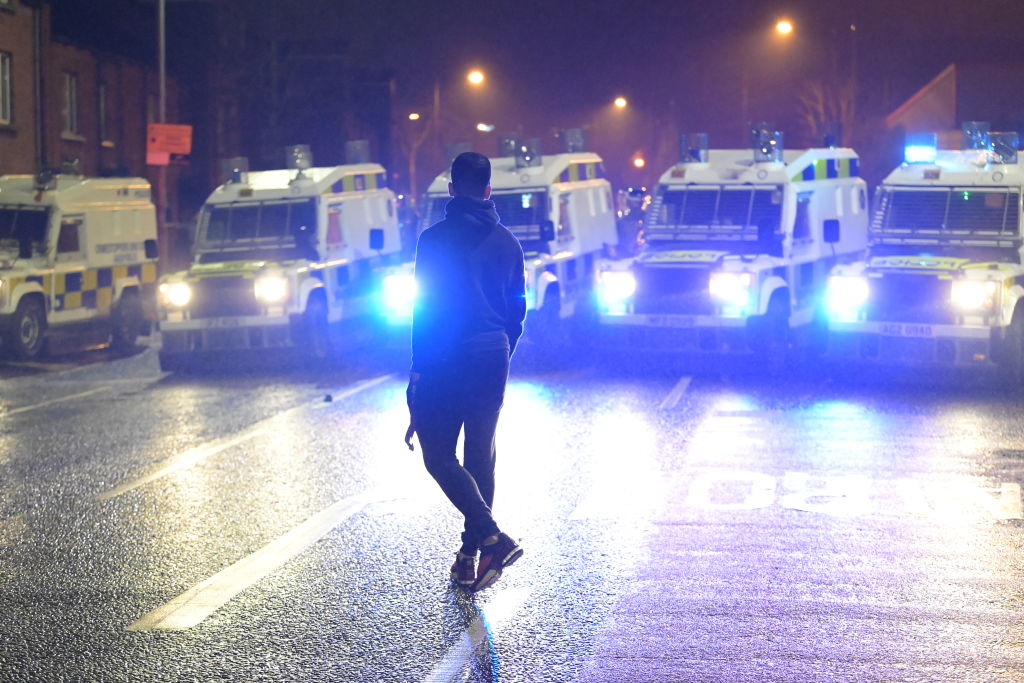
Planet A
Cyclone-triggered flash floods and landslides in eastern Indonesia and Timor-Leste have caused widespread destruction and at least 150 deaths. Relief efforts and search and rescue operations are underway but are being hindered by ongoing storms and flooding, power outages and road blockages. So far, residential destruction has displaced more than 10,000 Indonesians and 7,000 East Timorese.
Southeast Asia is a frontier zone for several climate change impacts, including increased tropical cyclones. Life-threatening floods occur annually in both Indonesia and Timor-Leste, and factors like rural isolation and poor infrastructure are vulnerability multipliers in the region.
Australia has said it ‘stands ready’ to help Timor-Leste, but long-term mitigation of climate change impacts in the region will require a combination of emissions reductions and investment in infrastructure. This is the position taken by US President Joe Biden in his recent executive order on climate change, which signals that the US may work directly with Southeast Asian nations to implement ‘ambitious emissions reduction measures’ and build resilience against climate change threats.
Democracy watch
Protests in Northern Ireland intensified over Easter with consecutive nights of rioting. Masked protestors ignited cars, threw petrol bombs and attacked police with masonry, metal rods, fireworks and manhole covers, injuring dozens of officers.
The protests come in the wake of the UK–EU Brexit deal which, from January, stipulated checks on food and plant goods delivered from Great Britain to the region as part of its Northern Ireland protocol. Pro-British unionists are concerned that the deal will create a de facto border between Northern Ireland and the UK and will tilt the country towards unification with Ireland.
A grace period on these checks initially expired last Wednesday, but the UK announced it would continue to unilaterally bypass border control requirements until 1 October, inciting legal action from the European Union. Observers are concerned that the Brexit deal may threaten the Good Friday Agreement by establishing a hard border between Northern Ireland and the Republic of Ireland. The institution of a soft border was a key aspect of the 1998 peace deal.
Information operations
A report published by the Carnegie Endowment for International Peace analyses the community standards of social media platforms and how they address online influence operations.
The Carnegie researchers found differences in the standards applied across major platforms in both the breadth of prohibited activities included and the detail with which activities were defined. For example, terminology commonly used by experts, the media and the public to describe influence operations—like ‘disinformation’ and ‘fake news’—was noticeably absent from standards, with platforms instead choosing to subdivide such activities into specific categories.
This subdivision illustrates a tension between broad standards and standards or rules that deal with specific sets of prohibited behaviour—what the report calls ‘generalized’ and ‘particularized’ approaches. The report goes on to argue that while generalised policies can make it harder for malicious actors to exploit narrow loopholes, particularised policies can bolster platform legitimacy and defuse perceptions of biased decision-making. The authors note that without consistency across community standards, malicious actors will continue to exploit policy differences by jumping between platforms.
Follow the money
US President Joe Biden has sought to reboot US influence in Asia to repair the destructive effects of his predecessor Donald Trump’s ‘America first’ policy on relations with the region. On 16 April, Japanese Prime Minister Yoshihide Suga and Biden are set to meet and discuss collaboration on 5G and hydrogen energy infrastructure in the Indo-Pacific, as a ‘counterweight to China’s Belt and Road initiative’.
US–Japan relations have become critical in Washington’s efforts to counter Beijing’s strategic ambitions, with US Secretary of State Antony Blinken making Japan his first overseas destination in March. The two countries have shared concerns about China’s growing influence, including its military coercion and telecommunications dominance in the region, and have agreed to collaborate to deter China from abusing its power.
With a full schedule of Quad meetings and increasing bilateral engagement with Japan, the US is clearly announcing its intentions to reshape the geopolitical board by renewing and strengthening ties with its allies.
Terror byte
On Monday, the US Department of Justice revealed it has indicted five people for assaulting three police officers during the Capitol Hill riot on 6 January. More than 400 people have been arrested and so far authorities have identified three current and 34 former military personnel as well as five current law enforcement officers among them. Following the riots, Defense Secretary Lloyd Austin voiced his commitment to removing anyone who espouses far-right and white supremacist views from the military, saying: ‘[T]he job of the Department of Defense is to keep America safe from our enemies. But we can’t do that if some of those enemies lie within our own ranks.’ The US’s examination of the penetration of far-right views in military ranks follows similar efforts in Germany, France and Britain.

